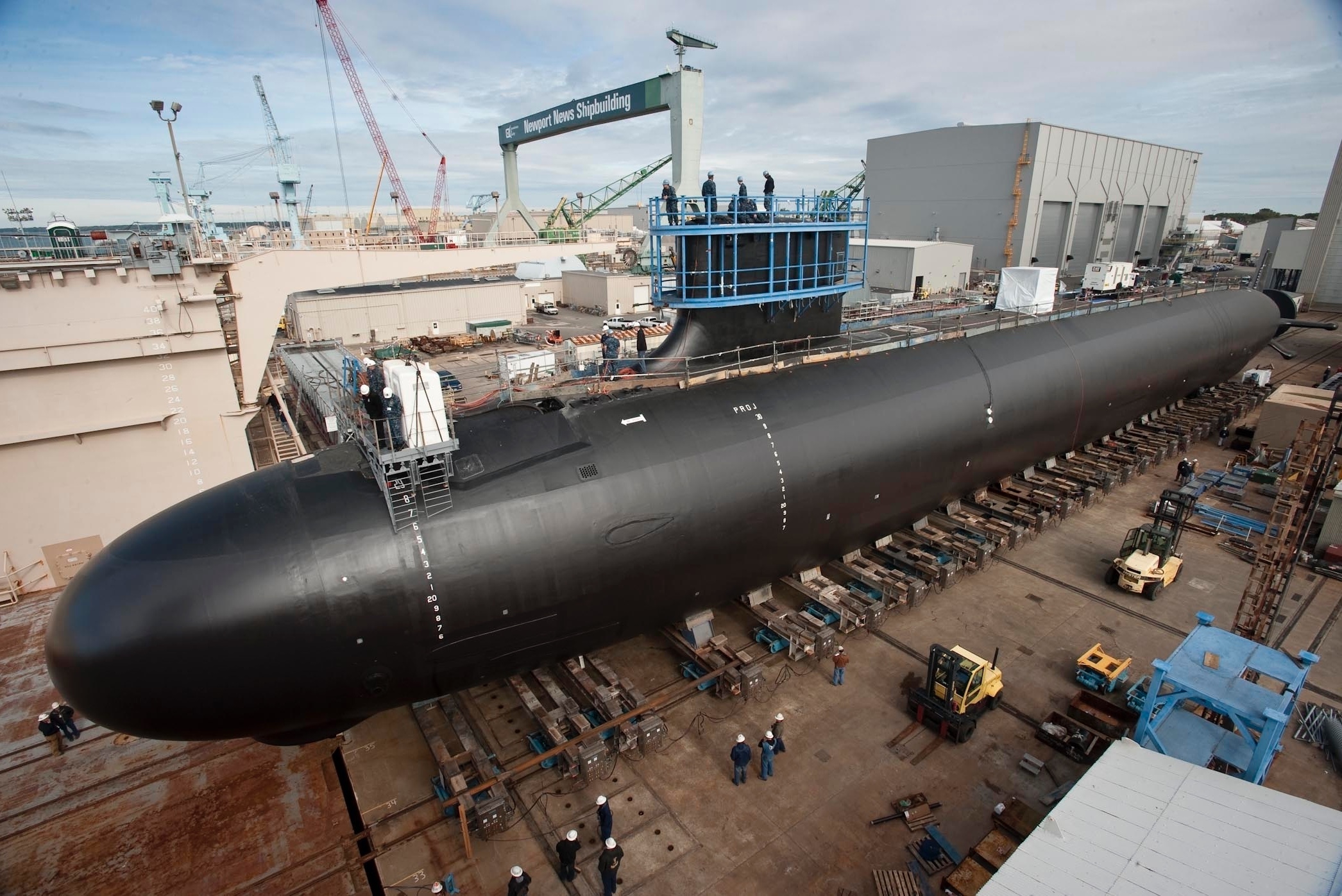A related issue is the general corporate culture, of treating workers as disposable items. US de-industrialization does have some bases in government policies -- companies long got tax breaks for capital and R&D spending overseas that they did not get for the same spending here, and US trade policy wasn't about products produced in the US, but products produced anywhere by companies registered in the US (I remember something about a supercomputer being put out to bid during the 1980s. Fujitsu, which was manufacturing in the US was disqualified in favor of, iirc, HP, which was manufacturing in Malaysia) -- but many companies have a culture of chasing the cheapest possible labor, even at the cost of product quality. One can see this when dealing with tech support. This is an ungoing problem with software, where many companies moved programming to India, frequently without adequate planning and investigation (those cost money!) and ending up have serious problems with software quality.



